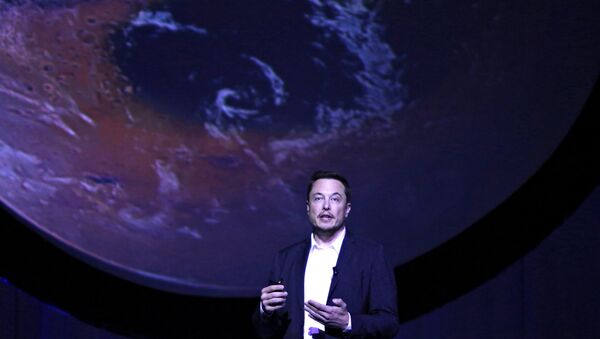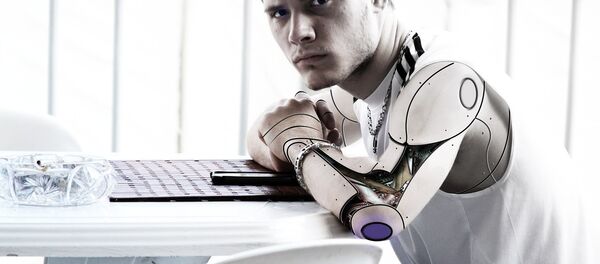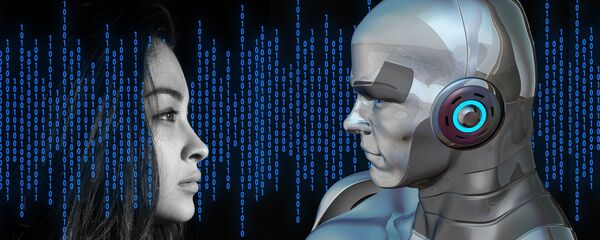Neuralink is the newest startup from the founder of SpaceX and Tesla. It's a neurotechnology company which wants to literally build a computer that can be stuck into your head and interface with your brain. The initial use of this technology, Musk says, will be medical.
"The first use of the technology will be to repair brain injuries as a result of stroke or cutting out a cancer lesion, where somebody's fundamentally lost a certain cognitive element," said Musk in an interview with the website Wait But Why. "It could help with people who are quadriplegics or paraplegics by providing a neural shunt from the motor cortex down to where the muscles are activated."
After the medical cyborgs become a reality, Musk says it would take another four to six years to place a neural interface on the market for anyone to buy. "It is important to note that this depends heavily on regulatory approval timing and how well our devices work on people with disabilities."
Musk is investigating ways to place the interface in the brain without requiring a major surgery. Some proposed methods involve a thin silk bundle that is inserted into the brain that then unravels and interfaces. It's currently being developed by the University of Illinois. Other methods include a neural mesh small enough to be injected into the body with a syringe
Wait But Why was understandably both excited and terrified about the possibilities of such a technology. They pointed out that in spite of how incredibly different our lives are from our prehistoric ancestors, biologically we are much the same. Our speech and communication are fundamentally unchanged from that of the humans who invented language circa 50,000 BC.
But the invention of computers and the internet has set in motion a change. Now, all the world's knowledge accumulates online, with more information on Wikipedia alone than every library in the world combined. We can access that information with our phones and laptops, but a human with a neurally interfaced brain would have access to the global repository of knowledge in the same way that you have access to your childhood memories.
This is another story entirely. This is another species entirely, in the same sense that you are a different species from a chimpanzee.
Musk says that the invention of a true AI is inevitable, even if he's personally terrified of what could come about from such an invention. "If the AIs are all separate, vastly more intelligent than us, how do you ensure that they don't have optimization functions that are contrary to the best interests of humanity?"
Humans, after all, trample and destroy lesser species with astonishing frequency to better optimize our surroundings for humans. Who is to say an AI, infinitely smarter than and totally independent from humans, wouldn't do something similar?
Enter Neuralink. The best way to protect humanity from AI, to reap all the benefits and suffer none of the potentially species-obliterating consequences, is to become AI. "If we achieve tight symbiosis, the AI wouldn't be "other" — it would be you and with a relationship to your cortex analogous to the relationship your cortex has with your limbic system." A digital region of your brain that is connected to the digital regions of other people's brains, in other words.
All of this is speculative, of course — but humans already have mechanical organs, and young people especially are never without their phones (which give them access to the largest repository of information ever created at a literal touch of a button). Musk and his team at Neuralink are convinced that their neural interface is an inevitability, and it's up to them to ensure that it is used for the benefit of mankind.





